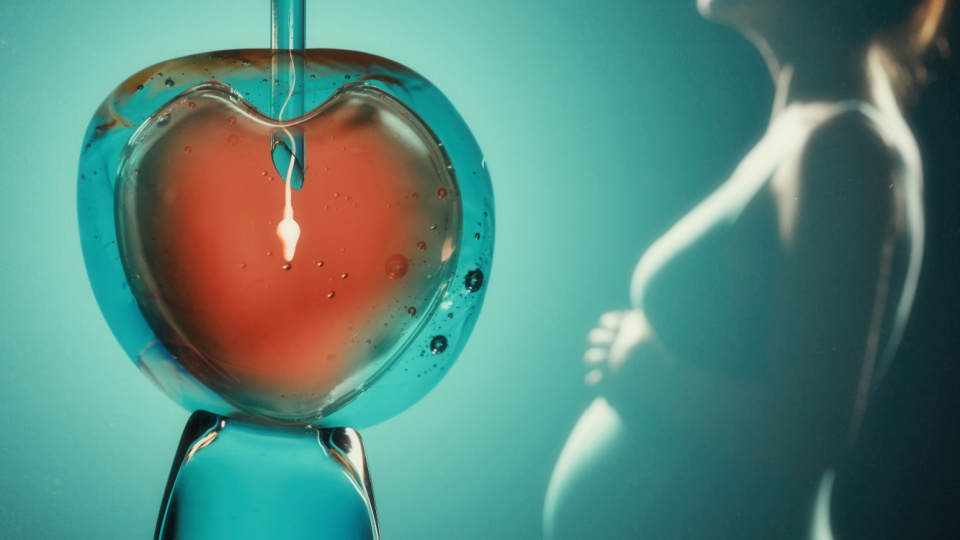Intracytoplasmic Sperm Injection (ICSI)
Artificial Fertilisation
Everthing about The Intracytoplasmic Sperm Injection is right here.
This method is considered a variant of IVF. Egg and sperm cells are collected from both partners and fertilization takes place under laboratory conditions in a test tube.
The only difference is the method of fertilization of the egg.
In this case, the woman is also prepared for the treatment with the same hormone therapy.
The partner’s sperm is collected either from the ejaculate or surgically from the testicles or epididymis.
A sperm cell is then injected directly into the woman’s egg under laboratory conditions.
After 16 to 20 hours, it is possible to see whether fertilization has happened.
This method is mainly used when the man has too few sperm cells in the ejaculate or they are not mobile enough. Fertilization can also be performed by this method if the fallopian tubes are diseased.
The success rate of ICSI is about 25%.
All you need to know about in vitro fertilisation, including price, aftercare and healing process, or contact us!

FAQ
What is ICSI pregnancy?
ICSI pregnancy refers to a pregnancy that occurs as a result of the intracytoplasmic sperm injection procedure. It is commonly used in assisted reproductive techniques, particularly in cases of severe male infertility. During the procedure, a single sperm is selected and directly injected into the egg, increasing the chances of successful fertilization.
How ICSI is done?
ICSI is a procedure used alongside in vitro fertilization (IVF) to address male infertility. First, eggs are retrieved from the woman’s ovaries through a minimally invasive procedure. Meanwhile, the male partner provides a semen sample, which is processed in the laboratory to obtain viable sperm. In this method, a single healthy sperm is selected and immobilized using a fine needle. The sperm is then injected directly into the egg’s cytoplasm, bypassing any barriers to fertilization. After the injection, the eggs are monitored for fertilization, and the resulting embryos are cultured in the lab for a few days. Finally, one or more high-quality embryos are transferred into the woman’s uterus. It is particularly beneficial for severe male infertility issues, such as low sperm count or poor sperm quality, as it allows successful fertilization with minimal sperm.
Is ICSI more successful than IVF?
Its success depends on various factors, including the cause of infertility and the overall reproductive health of the couple. While ICSI can be highly effective for severe male infertility, the success rates of IVF and ICSI are generally comparable when the female partner’s reproductive health is normal.
Contact us now in case you have any questions!
Types of Treatments
Artificial Insemination | Best Methods & Success Rates
Request Form
Get your free consultation
- Need guidance and reassurance?
- Talk to a real person from MedClinics!
- Let's find the perfect doctor together.
